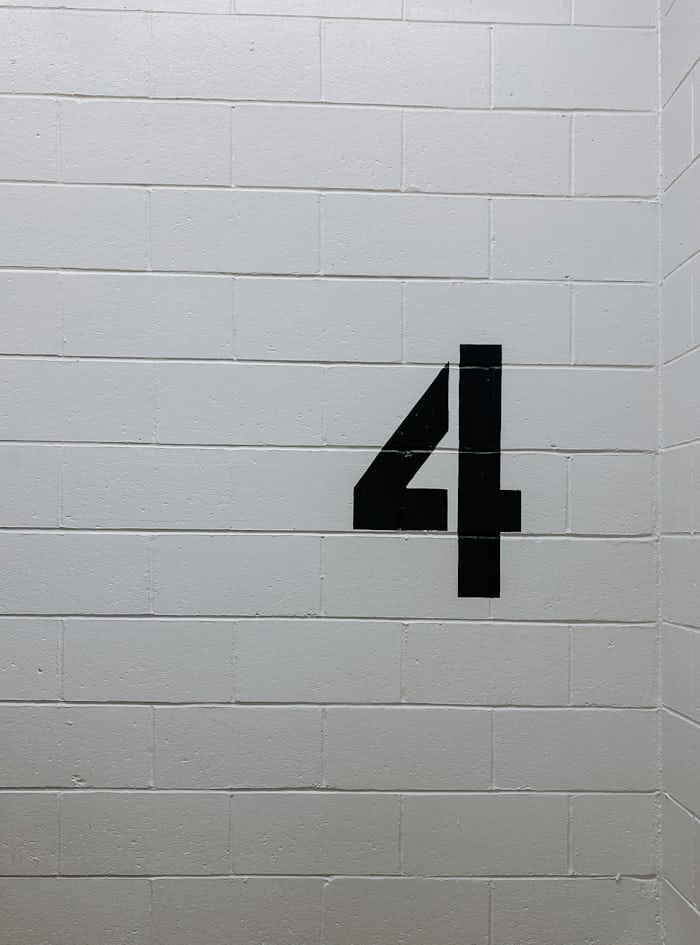In the world of education, the concept of a “secret class” evokes intrigue and curiosity. Unlike typical academic courses, secret classes are exclusive, shrouded in mystery, and often invite only a select few. But what exactly is a secret class, and why do they exist? In this article, we delve deep into the enigmatic world of secret classes, exploring their origins, purposes, benefits, and controversies.
What is a Secret Class?
A secret class refers to a course or learning experience that is not publicly advertised and is only accessible to a limited group of individuals. These classes can range from advanced studies in academic institutions to niche workshops offered by private organizations. The common thread that ties them together is their exclusivity and the air of mystery surrounding them. Participants may be hand-picked, or the class might require a special invitation or a rigorous selection process.
The term “secret class” often conjures up images of clandestine meetings, hidden knowledge, and elite groups. While this may sometimes be the case, secret classes can also serve more practical purposes, such as fostering a highly focused learning environment or cultivating a sense of community among participants.
The Origins of Secret Classes
The concept of secret classes is not new. Historically, secret societies, religious groups, and elite academic institutions have used private classes to impart specialized knowledge. For example, in ancient times, the mystery schools of Egypt and Greece offered esoteric teachings only to those deemed worthy. These teachings were considered sacred and were often closely guarded.
During the Renaissance, secret classes became more prevalent in academic circles. Scholars and intellectuals would gather in private to discuss controversial topics that were not publicly acceptable or were even considered heretical. These secret gatherings allowed for the free exchange of ideas without fear of persecution.
In modern times, the notion of a secret class has evolved. Today, secret classes can be found in various forms, from exclusive university seminars to private coaching sessions for business executives. They continue to serve as a means of sharing specialized knowledge and skills in a controlled environment.
The Purpose of Secret Classes
Secret classes exist for a variety of reasons, each serving a unique purpose depending on the context in which they are offered. Here are a few key reasons why secret classes are conducted:
- Exclusive Knowledge and Skills: Secret classes often focus on imparting knowledge or skills not readily available in mainstream education. This can include advanced scientific theories, specialized technical skills, or even esoteric philosophies.
- Controlled Learning Environment: By limiting the number of participants, secret classes can create a highly controlled learning environment. This allows for more personalized instruction, fostering a deeper understanding of the subject matter.
- Building Elite Networks: For some, secret classes serve as a platform for networking among an elite group of individuals. Participants may be chosen based on their status, achievements, or potential, creating an exclusive community of like-minded individuals.
- Protecting Sensitive Information: In certain fields, such as defense or cybersecurity, secret classes are necessary to protect sensitive information. These classes ensure that only those with the appropriate clearance or need-to-know basis have access to specific knowledge.
- Encouraging Innovation: By offering a space for open discussion away from public scrutiny, secret classes can encourage innovation and the exchange of unconventional ideas. This can be particularly valuable in fields that require creative thinking and problem-solving.
The Benefits of Secret Classes
Secret classes offer several benefits, both to participants and organizers. For participants, the primary benefit lies in gaining access to knowledge and skills that are not readily available elsewhere. This can provide a competitive edge in their professional or personal pursuits.
Moreover, secret classes often foster a sense of belonging among participants. Being part of an exclusive group can be motivating and inspiring, driving individuals to excel and achieve their best. The camaraderie and mutual support found in these settings can also lead to lasting professional relationships and friendships.
For organizers, secret classes provide an opportunity to cultivate a select group of individuals who are highly motivated and capable. This can lead to the development of a close-knit community, one that is loyal and dedicated to the goals of the organization or institution.
Additionally, secret classes can serve as a testing ground for new ideas or teaching methods. In a controlled environment, educators can experiment with innovative approaches to learning without the pressure of public scrutiny.
The Controversies Surrounding Secret Classes
Despite their benefits, secret classes are not without controversy. Critics argue that the very nature of these classes—being exclusive and secretive—goes against the principles of open and equitable education. They contend that education should be accessible to all, regardless of status or connections.
There are also concerns about the potential for abuse of power in secret classes. Because participation is often limited and controlled, there is a risk that selection processes may be biased or discriminatory. This can lead to a lack of diversity and reinforce existing social or economic inequalities.
Furthermore, the secrecy surrounding these classes can sometimes breed mistrust. Those who are excluded may feel resentful or suspicious, leading to a sense of division or elitism within a community.
Secret Classes in Popular Culture
The allure of secret classes has not been lost on popular culture. From novels and movies to TV shows and video games, secret classes often serve as a plot device to create suspense and intrigue. For example, in the “Harry Potter” series, secret classes like the Dumbledore’s Army meetings provide a space for characters to learn and practice defensive magic away from the prying eyes of the school administration.
In video games, secret classes or skills can add an element of surprise and depth to gameplay. Players may need to complete specific challenges or quests to unlock these hidden features, adding to the game’s replayability and overall experience.
Are Secret Classes Right for You?

If you find yourself intrigued by the concept of secret classes, you may wonder whether they are right for you. The answer depends on your goals, interests, and values. Secret classes can offer unique learning opportunities, but they are not suitable for everyone.
Before committing to a secret class, consider the following:
- Motivation: Are you genuinely interested in the subject matter, or are you simply drawn to the exclusivity of the class? Make sure your motivations align with your goals.
- Cost: Secret classes can be expensive, given their exclusive nature. Evaluate whether the cost is worth the potential benefits.
- Time Commitment: Secret classes often require a significant time commitment. Ensure you have the time and energy to devote to the class before enrolling.
- Ethical Considerations: Reflect on whether you are comfortable with the exclusivity and secrecy of the class. If you value open access to education, a secret class may not align with your principles.
Conclusion
The concept of a secret class is undoubtedly fascinating. These exclusive learning experiences offer unique opportunities for acquiring specialized knowledge, building elite networks, and fostering innovation. However, they also come with their share of controversies and ethical dilemmas.
Ultimately, whether a secret class is the right choice for you depends on your personal goals and values. If you are drawn to the idea of exploring uncharted territories of knowledge in a controlled and exclusive setting, a secret class may provide the perfect opportunity to expand your horizons. On the other hand, if you believe in the democratization of education and the importance of inclusivity, you may find that open, publicly accessible courses better align with your beliefs.
In a world where knowledge is power, the allure of secret classes continues to captivate and challenge our understanding of education and learning. The decision to participate in one is deeply personal, shaped by individual aspirations and ethical considerations. Whatever your choice, the quest for knowledge remains a journey worth pursuing.





